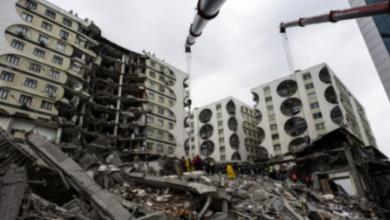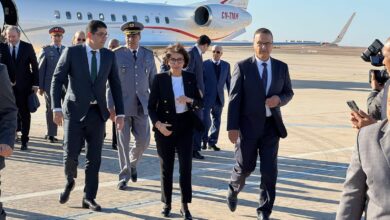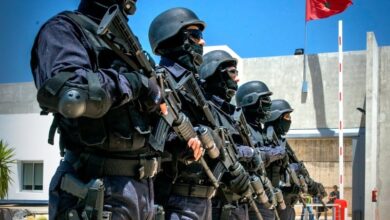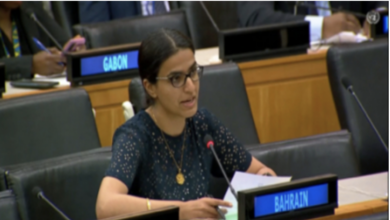A Historic Turning Point: The PKK Lays Down Its Arms… and Lessons for Those Clinging to Stubbornness
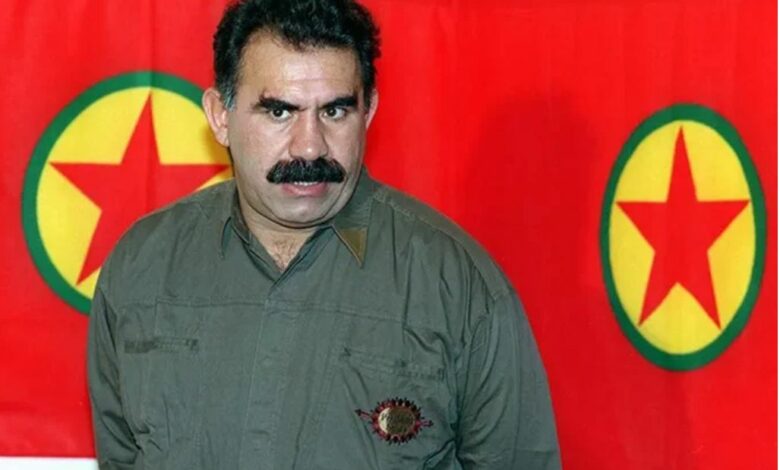
ALDAR | Analysis
In a move that marks a fundamental shift in the long-standing conflict with the Turkish state, the Kurdistan Workers’ Party (PKK) is expected to officially announce today that it is laying down its arms—ending a decades-long armed struggle that began in the 1970s. A decision once thought unthinkable just a few years ago now reflects deep changes not only in the regional and international landscape but also within the organization itself.
This step, by a group that has been a persistent security challenge for Turkey for more than forty years, is not merely the result of long negotiation processes and mounting pressures—it also reveals a belated realization that armed struggle has become obsolete in light of the shifting nature of regional conflicts and the growing need for more pragmatic political solutions.
As Turkey marks a pivotal moment in this historic dispute, other separatist groups, born in the same era, continue to cling to outdated options. They persist in rejecting peaceful pathways and insist on playing the victim, despite the regional and international developments that demand adaptation to new realities rather than futile confrontation.
The contrast is striking: one party rethinks its course after years of violence, while another remains stuck in a vicious cycle. The lesson is clear: those who wish to remain relevant in history must learn from experience, not repeat its mistakes.

